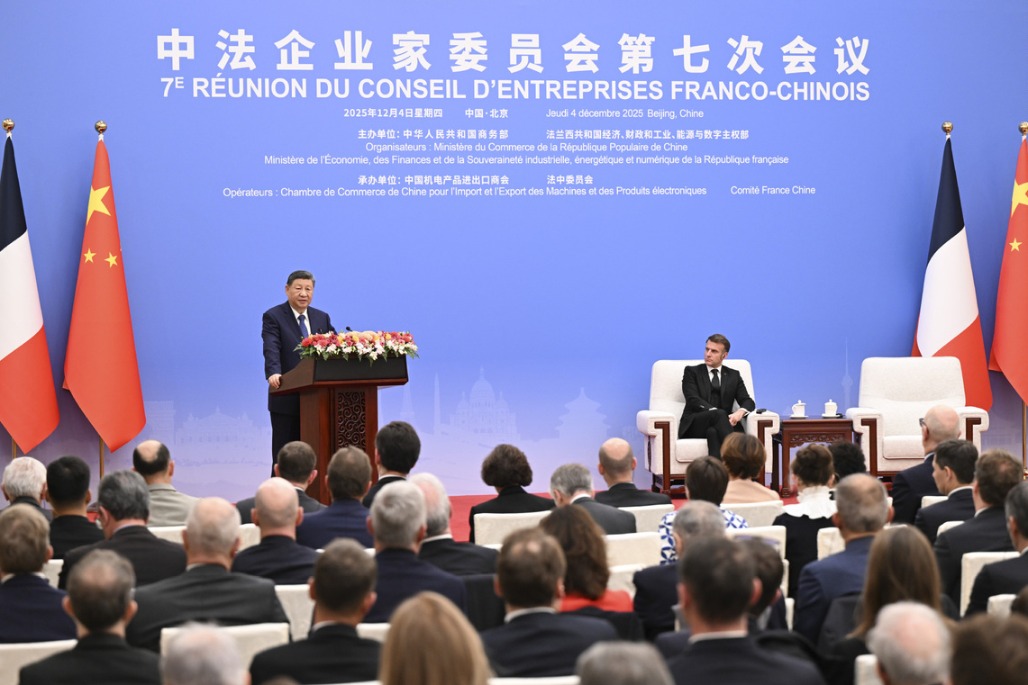Beijing, Paris to tackle bad air
By Zheng Jinran | China Daily | Updated: 2017-06-09 07:32
Air quality monitoring authorities in Beijing and Paris renewed a pledge for further technological cooperation on Thursday, which could help China's capital combat smog, a senior official said at a forum on clean air.
Under the new agreement, researchers from the two cities will deepen technological cooperation in air quality monitoring, forecasting and emergency response, said Ming Dengli, head of international cooperation at the Beijing Municipal Environmental Protection Bureau, at the International Forum for Metropolitan Clean Air Actions.
The event, which gathered many environment officials and researchers from around the world, will conclude on Friday.
"The deal could help keep exchanges stable and smooth, showing the strong support from Beijing and Paris environmental authorities," she said.
The two air quality monitoring centers first inked an agreement three years ago, but "we started cooperation in 2000, when we learned about Paris' monitoring technologies", Ming said.
After years of practice tackling air pollution, Beijing has developed new forecasting models. Many measures have won praise from Paris and other cities.
Beijing has shut down or required changes at existing coal-fired power plants to reducee missions. The moves are "stricter than what New York City has done", she said.
But exchanges between Beijing and foreign cities with similar smog would help the capital move faster to curb pollution, said Li Xiaohua, deputy head of the bureau.
Beijing has also conducted research on measures like fuel taxes and low-emission zones, which have been implemented in Paris.
"If Beijing would set up the low emission zone like we did in Paris, the restriction should cover as many vehicles as possible, and build an efficient control system to guarantee the violators would be caught and get deserved punishment," said Jean-Loup Caruana, air quality adviser for the Paris region's environmental affairs directorate.
In Paris, diesel cars with high emissions are not allowed to run through the city, and face fines of 130 euros ($146) every time they are caught, he said.
But the restriction only covers 3 percent of all vehicles, which is "too small to make a huge difference", he added, suggesting that Beijing cover more vehicles and regions.
























